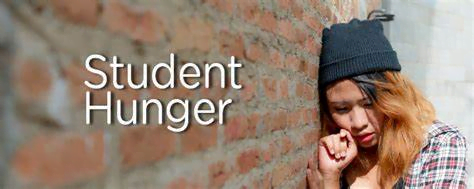By Nadia Ramlagan
Tennessee’s six Historically Black Colleges and Universities (HBCUs) collectively received more than $131 million in the past year through the American Rescue Plan, according to new data from the Department of Education.
But another report found many students at HBCUs are missing meals or worried about having enough food.
Terrell Strayhorn, provost and senior vice president for academic affairs at Virginia Union University and director of the Center for the Study of Historically Black Colleges and Universities, said nearly half the students surveyed reported struggling to access food and losing a job during the pandemic.
“And it’s hard to feel like you belong in higher education when your basic needs are not met,” Strayhorn explained. “When you don’t have enough money to pay your bills and have food, and have a place to lay your head, but you’re expected to show up for biology class.”
The report is based on survey data from nearly 5,000 students at fourteen public and private HBCUs. It showed HBCUs produce more than 20% of Black Americans’ bachelors degrees.
Rachel Sumekh, founder and CEO of Swipe Out Hunger, a national nonprofit focused on ending college hunger, thinks states should create and expand financial aid and emergency aid options for students.
“Four states have passed something known as the Hunger-Free Campus bill, which has sent over $70 million to campuses to fund anti-hunger programs,” Sumekh reported.
Sumekh added states need federal support, and also an expansion of Supplemental Nutrition Assistance Program (SNAP) access to students in degree and nondegree career and technical programs, as well as for HBCU students enrolled in programs increasing job prospects for low-income populations.
“When it comes to basic needs, our institutions are too underfunded and too understaffed to address the level of need on campus,” Sumekh asserted.
According to the report, one in five HBCU students having trouble meeting their basic needs had received help from their college in applying for SNAP benefits. (TNS)

